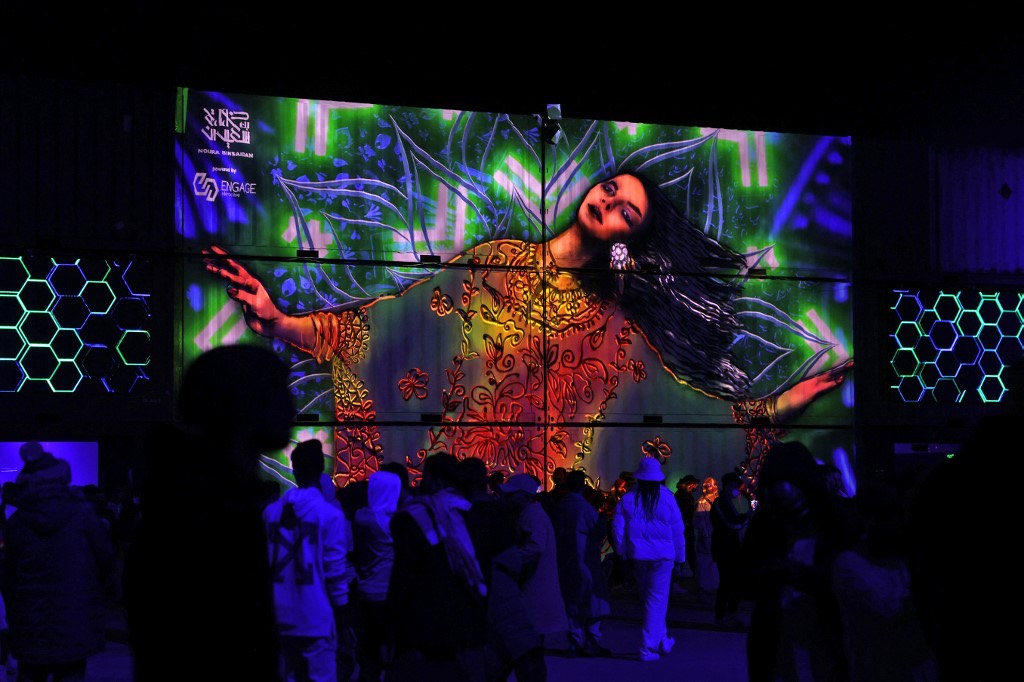British concert shows solidarity with women in Iran amid rising death toll

Over the last nine weeks, protests have erupted in Iran following the death of the Iranian Kurdish 22-year-old Mahsa Amini in police custody for allegedly breaching strict dress rules for women.
Unlike previous movements, demonstrations have taken place nationwide, with people from various social classes and age groups taking to the streets to defend the freedom of women and girls. School girls have removed their hijabs publicly, and university students in northern Iran have reportedly removed law in force gender segregation barriers in their cafeterias. Meanwhile, “Women – Life- Freedom ” has been chanted in the face of violence, arrests and a the rising death toll.
This week a lineup of artists, poets and activists performed at the Southbank Centre’s Royal Festival Hall to shed light on the ongoing events and to show solidarity with women in Iran.
Musicians joined Lianne La Havas, Kelsey Lu and the London Contemporary Orchestra with connections to Iran and the diaspora, including Faramrz Aslani, Lafawndah, Emeel and Golnar Shahryar.

“We are facing lots of anxiety right now,” says Garshasbi, who co-organised the London event alongside fellow promoter Adib Rostami. “Being together as a community helps: seeing each other, talking with each other, singing with each other. This concert gathered the Iranian community with non-Iranian friends who have sympathy with the matter. It helps them to be heard.”
Using performance as a tool for pushing change made sense to Garshasbi, whose relationship to his motherland has always been connected to music and resistance. With genres such as rock, rap and EDM banned, he has organised unofficial underground music competitions to celebrate the sounds forbidden in Tehran.
But the importance of music is shared by Iranian people; he says: “Music is unifying, uplifting and healing. Its value is critical to most cultures, but for Iranians, it’s also loaded with huge amounts of symbolism and meaning because it’s been so heavily restricted by the Islamic republic for many years. So for us, just playing music or holding an instrument can feel like an act of resistance.”
As well as the ban on particular genres and styles of music, women are prohibited from singing in public in Iran. “This concert is a chance for these women to be heard because they never had this kind of platform back there,” he continues. “Of course, we would not be able to organise this kind of thing in Iran. But here, it’s a possibility.”



















